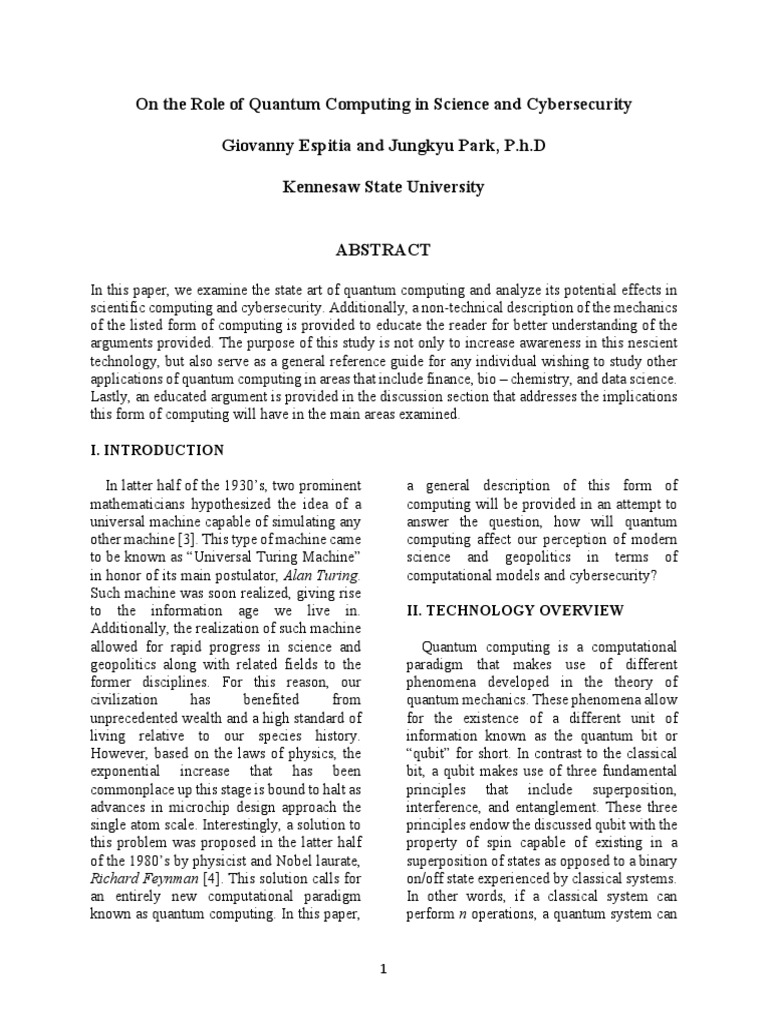The advent of quantum computing has ignited fervid discussions across various spheres of academia and industry, ranging from interdisciplinary dialogues among physicists to deliberations in business strategy meetings. With its tantalizing promise of processing speed far surpassing that of classical computers, quantum computing has become a beacon of hope for scientists and engineers alike. However, amid this enthusiasm, an intriguing inquiry arises: Is quantum computing a scientific snake oil? In grappling with this question, one must navigate through layers of complexity, skepticism, and unbridled fascination.
To commence this exploration, it is essential to delineate what is meant by “snake oil.” Traditionally, snake oil refers to products that are touted to have miraculous benefits but lack empirical substantiation of efficacy. In the context of quantum computing, one must discern if its grandiose claims are indeed well-founded or simply market-driven hyperbole. The current climate exhibits a peculiar dichotomy: while many herald quantum computing as the next revolutionary paradigm, others view it with wariness, suspecting that it may succumb to the pitfalls of exaggerated claims and overhyped narratives.
At the forefront of this discourse lies the distinction between theoretical promise and practical implementation. Concepts such as superposition and entanglement afford quantum computers the potential to outperform their classical counterparts in tasks such as optimization and cryptography. Various theoretical models suggest exponential speedups in algorithm efficiency, a notion that is not merely a theoretical abstraction but is projected to unlock solutions to problems currently deemed intractable. However, these expectations are often overshadowed by the formidable obstacles encountered in realizing such quantum systems.
The technical intricacies of quantum computing present a myriad of challenges. Quantum decoherence, for instance, represents a significant barrier to achieving stable qubit operation. The fragile nature of qubits necessitates an unprecedented level of precision in control and measurement, which remains an elusive goal. Furthermore, current quantum processors are plagued by errors stemming from environmental disturbances, necessitating sophisticated error-correction schemes that add layer upon layer of complexity and resource requirements. These hurdles instigate hesitancy in casting quantum computing as a panacea for computational woes.
The veneer of skepticism is augmented by the proliferation of startups and corporate ventures riding the quantum wave, each touting its version of a ‘quantum solution.’ This environment raises the question of whether the quantum computing market is characterized by genuine innovation or if it is simply a façade designed to attract funding. Investors and stakeholders must tread cautiously, ensuring that their enthusiasm does not cloud their judgment, leading them to support ventures that may ultimately yield little more than elaborate promotions devoid of substantive breakthroughs.
Moreover, the fascination with quantum computing often hinges on its portrayal as a harbinger of a new technological epoch. However, one must scrutinize the underlying motivations driving such enthusiasm—be it the allure of novelty, the potential for economic gain, or the desire for prestige in pioneering groundbreaking research. This raises a critical point: the cognitive bias known as ‘technological utopianism’ may skew perceptions, infusing reality with a sense of optimism that overlooks the pragmatic challenges that remain unresolved.
It is also essential to consider the historical context of scientific advancement. Innovations such as classical computing faced similar skepticism during their nascent stages. The exponential curve of progress in technology often emerges from a confluence of theoretical groundwork, experimental evidence, and iterative improvement. Just as the once-primitive binary computing systems matured into the powerful technologies we rely on today, it is plausible that quantum computing, despite its current limitations, may likewise evolve into a robust field of study and application.
Equally important is acknowledging the spectrum of potential applications that quantum computing promises. While some domains may experience transformative enhancements—such as material science, pharmaceuticals, and complex systems modeling—other areas may continue to rely on classical computing paradigms. The challenge lies in demystifying the exact territories where quantum computing can deliver substantial advantages, thus tempering the prevailing hype with grounded expectations based on empirical data.
The ethical considerations surrounding quantum computing compound the intricacies of the conversation. As quantum algorithms become capable of breaking classical encryption methods, the implications for cybersecurity are profound. The ramifications extend beyond mere technical concerns; they necessitate thoughtful discourse about governance, equity, and accessibility. Technological advancements often echo societal values; thus, it is imperative to ensure that quantum advancements do not propagate existing disparities but instead contribute to an equitable academic and industrial landscape.
In conclusion, the characterization of quantum computing as a scientific snake oil invites deep introspection into the very nature of scientific progress laden with ambition. While the intersection of unobtainable promise and logistical reality may engender skepticism, it simultaneously represents an essential part of the scientific method’s iterative journey. The long-term viability of quantum computing will depend not solely on its theoretical advantages but rather on the relentless dedication to overcoming the challenges that lie ahead. Only time will reveal if quantum computing is indeed revolutionary or merely a mirage, lingering at the precipice of scientific inquiry.












